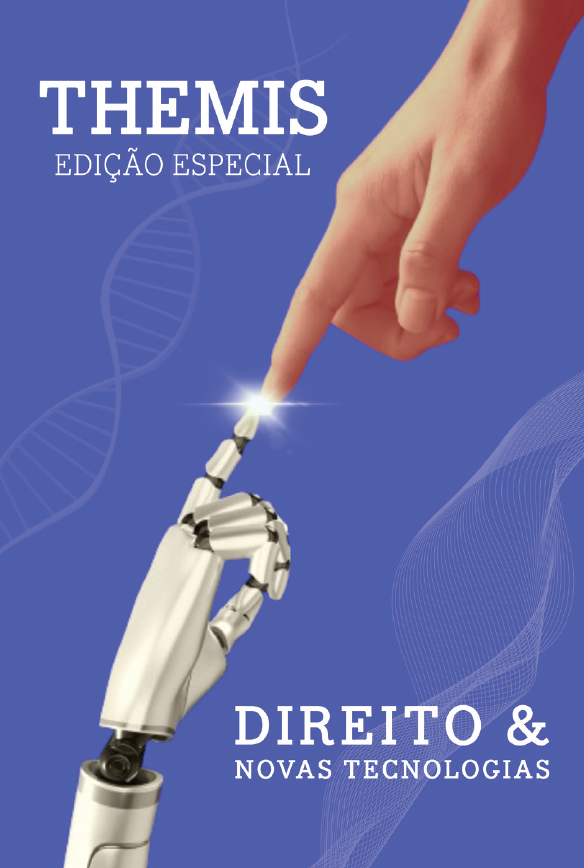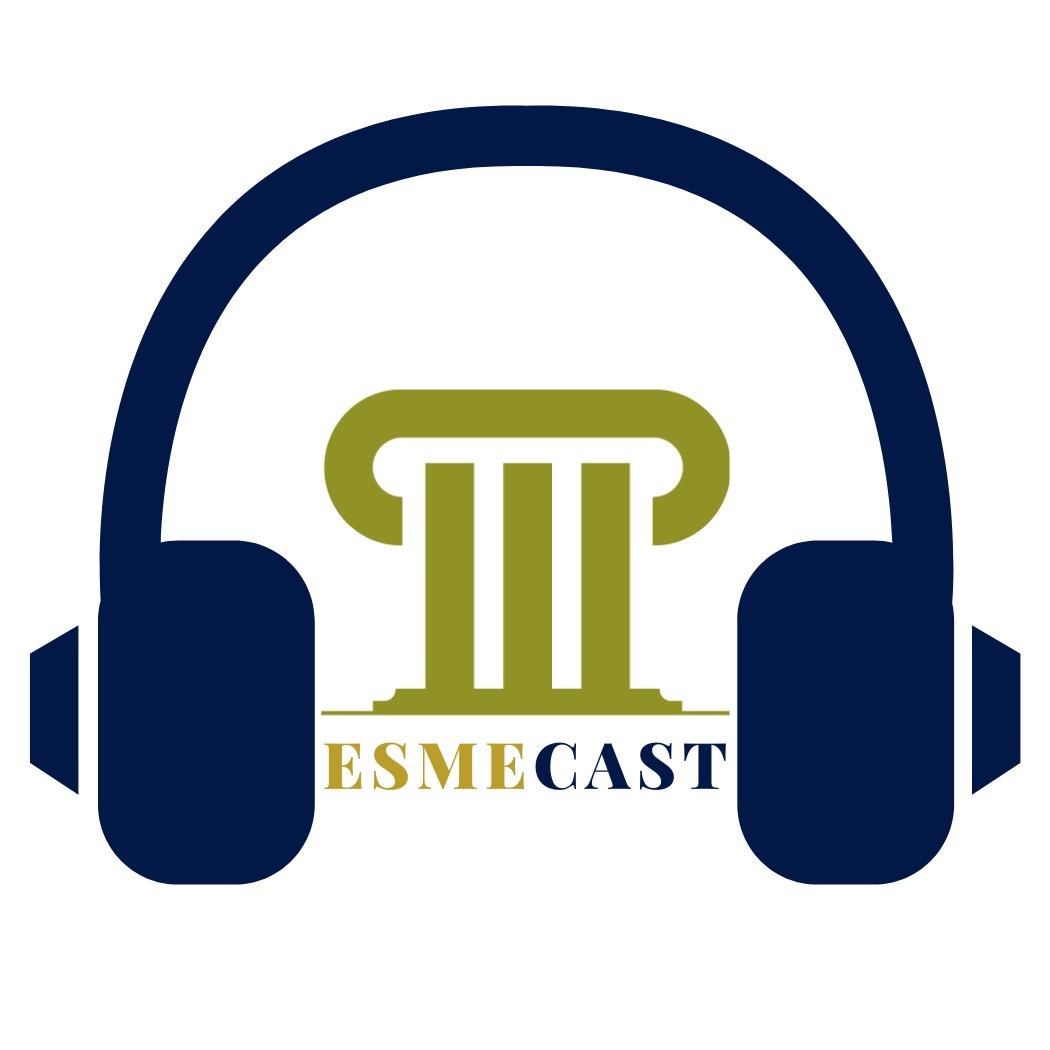INTELIGÊNCIA ARTIFICIAL GENERATIVA NA EDUCAÇÃO JUDICIAL: DESAFIOS E BOAS PRÁTICAS
GENERATIVE ARTIFICIAL INTELLIGENCE IN LEGAL EDUCATION: CHALLENGES AND BEST PRACTICES
DOI:
https://doi.org/10.56256/themis.v23i1.1110Keywords:
Ensino Superior, Educação Judicial, Inteligência Artificial GenerativaAbstract
Generative Artificial Intelligence (GAI) is transforming higher education, including judicial education, by impacting learning processes and classroom interaction. However, this technological incorporation raises ethical, legal, and pedagogical challenges that must be addressed to ensure its responsible use. This article is a result of research conducted by <omitted for peer review>, that aims to identify and analyze these challenges, as well as to systematize best practices that can be adopted by legal education institutions. Through a literature review in the Web of Science and Google Scholar databases, the research mapped the main academic discussions on the topic between 2020 and 2024, focusing on Generative AI and its applications. The results highlight risks such as data protection, plagiarism, digital exclusion, technological dependency, and loss of control over the educational process, as well as the importance of clear guidelines for judicial education, curricular changes, and training for both faculty and students, promoting a balance between innovation and risk mitigation. We conclude that the responsible adoption of these technologies can bring significant advancements to legal education, provided it is accompanied by a solid and ethical institutional framework.
Downloads
Published
How to Cite
Issue
Section
License
Copyright (c) 2025 Clio Nudel Radomysler, Carla Renata Barbosa Araujo, Enya Carolina Silva da Costa, Maurício Buosi Lemes, Tatiana Sansone Soster

This work is licensed under a Creative Commons Attribution-NonCommercial 4.0 International License.
- Todos os artigos são publicados sob a licença Creative Commons - Atribuição Não Comercial (CC BY-NC), permitindo que terceiros copiem, distribuam e adaptem o conteúdo, desde que seja dada a devida atribuição ao autor e à revista.
- No caso da licença CC BY-NC, o uso comercial dos artigos não é permitido.
















